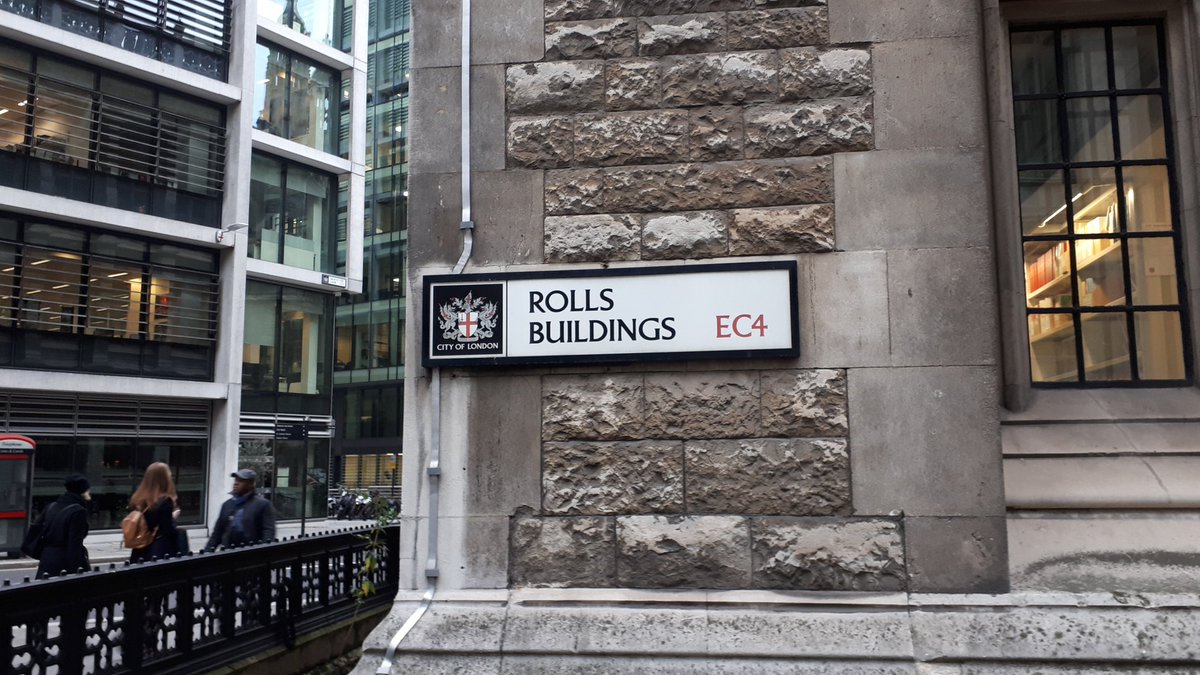And hey, executive summary: more research needed. So maybe others can pitch in on that.
tandfonline.com/doi/abs/10.108…
ukmusic.org/equality-diver…
dn.se/kultur-noje/21…
buzzfeed.com/fionarutherfor…
helpmusicians.org.uk/news/latest-ne…
journals.sagepub.com/doi/full/10.11…





